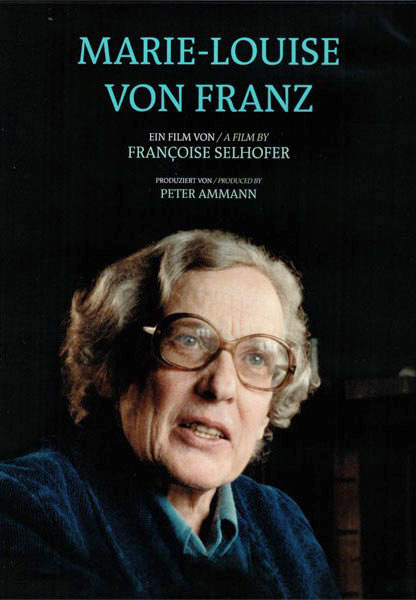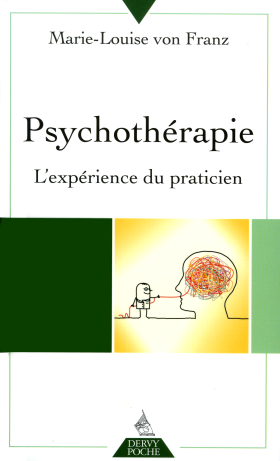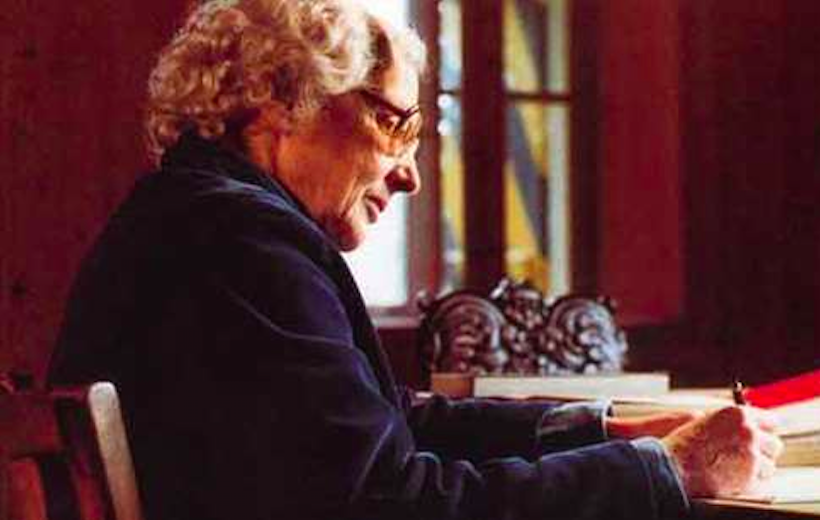

Radioactive clouds over Japan, Calcutta, and Saskatchewan point to a progressive poisoning of the universal atmosphere. We think it is enough to discover new things, but we don’t realise that knowing more demands a corresponding development of morality. He was profoundly disquieted, on the other hand, by our modern tendency to exploit such discoveries out of idle curiosity, without recognizing the growing moral responsibility that we incur: He admitted in a letter of April 1954 that he was not sufficiently acquainted with the psychotherapeutic value of such drugs for neurotic and psychotic patients to be able to form a conclusive judgment. Jung therefore was only familiar with the effects of mescaline (especially through Aldous Huxley’s description) and only knew that such pharmaceuticals were beginning to capture attention in psychotherapy. The flood of drugs that is rolling over our world today was not yet widespread at the time of Jung’s death. In particular, the process of speculation, aided by a strong imagination, is close to the active imagination that von Franz finds in Dorn’s tract on speculative philosophy.Marie-Louise Von Franz: Drugs in the View of C.G. Paracelsians think of imagination as aiding processes of divination and discov- ery of correspondences between the inner and outer or upper and lower worlds- correspondences that Jungians regard as synchronicities. Whereas Paracelsus and his school treat imagination as a mental faculty, Jung and his school treat it as a mental pro- cess. Her lectures on the “alchemical active imagination” show one direction that Paracelsian ideas have taken in the last century.
#Marie louise von franz psychotherapy .pdf series
Jung (1875–1961), and Jung’s comments on it were later elaborated in a series of English- language lectures by his long-time collaborator Marie-Louise von Franz (1915–1998). His writing provided an important point of reference for the alchemical studies of C. In an early book on “the whole of the alchemical philosophy,” he made alchemy into an allegory of good living, showing that it had moral as well as medical applications. 1584) translated a great many Paracelsian texts into Latin he also wrote a large body of work broadly inspired by Paracelsus. However Jung was clearly inspired further by the I Ching when 1 Jung had contact with Chinese philosophy at an early stage in his life: "I was already fairly familiar with the I Ching when I first met Wilhelm in the early nineteen twenties" (Jung 1950/1969, CW 11, ♩66).

says of psychological premises on which Tao is based: 'the state in which the ego and non-ego are no longer opposed is called the pivot of Tao'" (Jung 1952/1969, CW 8, ♩23). Jung quotes Chuang-tzu to explain its meaning: "Chuang-tzu. The concept of Tao pervades the philosophical thinking of China, which is both composed and derived from the I Ching. The hexagram's presentation of the opposites, and their potential union in forming a new symbol, enables confrontation and reconciliation, effects that are comparable to dream analysis in assisting the individuation process. Each hexagram (built from six yin and yang lines) is an opposite binding symbol with a transforming potential. Yin and Yang, evolved from the metaphors receptive/creative, are, within I Ching's sixty-four hexagrams, a rich and resourceful manifestation of the energy change dynamics found in nature and in human life. According to Jung, "This phenomenon is a kind of development process in the personality itself" (1957/1969, CW 8, ♥50), "a process not of dissolution but of construction, in which thesis and antithesis both play their part" (1921/1971, CW 6, ♨27). In our experience the practice of analytical psychology and I Ching consultations both support the individuation process, in which our sense of purpose is revealed through the realization and integration of unconscious compensation. Thus, we set ourselves the following project: to compare the approach, setting, content, and outcome of an I Ching reading session with an analytical psychology dream session. We hope to shape a common story that inspires future practice through a collaborative study of Jungian analytical psychology and the Chinese I Ching. Jung, "Foreword to the I Ching" (1950/1969, CW 11, ♡018) We, a European analytical psychologist and a Chinese I Ching expert, respond to Jung's call to explore and discover the extensive resource that is the I Ching. Like a part of nature, it waits until it is discovered.


The I Ching does not offer itself with proofs and results it does not vaunt itself, nor is it easy to approach.


 0 kommentar(er)
0 kommentar(er)
